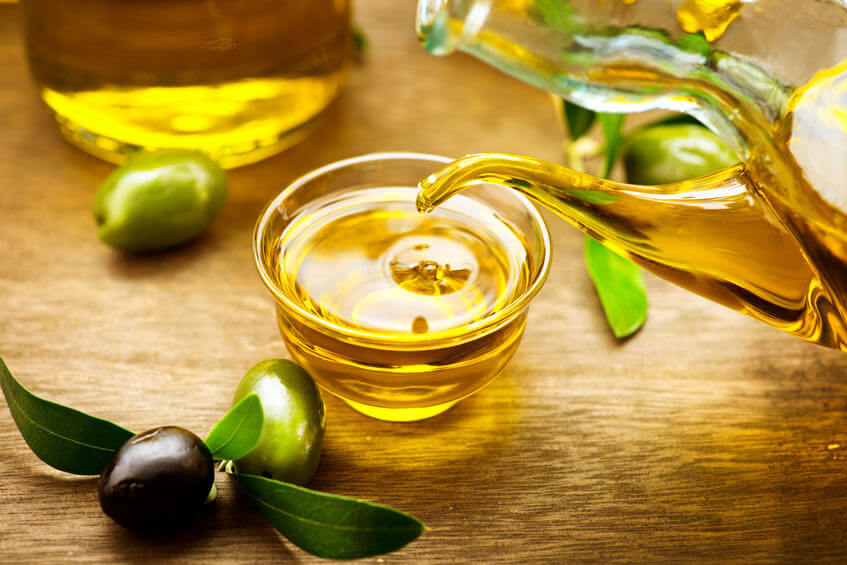Older Isn’t Better:
Unlike wine, oil does not improve with age. As olive oil gets older, it gradually breaks down, more free oleic acid is formed, the acidity level rises, and flavor weakens. Extra-virgin oils keep better because they have a low acidity level to start with, but you should use lower-quality oils within months because they start out with higher acidity levels. As oil sits on your shelf, its acidity level rises daily, and soon it is not palatable.
You’ll get the best quality and flavor from your olive oil if you use it within a year of pressing. Olive oil remains at its peak for about two or three months after pressing, but unfortunately, few labels carry bottling dates or “use by” dates, let alone pressing dates.
More is at issue than flavor, however. Research shows the nutrients in olive oil degrade over time.
In a study that appeared in the May 2004 issue of the Journal of Agriculture and Food Chemistry, Spanish researchers tested virgin olive oil that had been stored for 12 months under perfect conditions.
What they found was quite surprising: After 12 months, many of the oil’s prime healing substances had practically vanished. All the vitamin E was gone, as much as 30 percent of the chlorophyll had deteriorated, and 40 percent of the beta-carotene had disintegrated. Phenol levels had dropped dramatically, too.
Instead of stashing your olive oil in the cabinet, why not unleash its flavor on your favorite foods? The next page has tons of tips for how to use olive oil.






